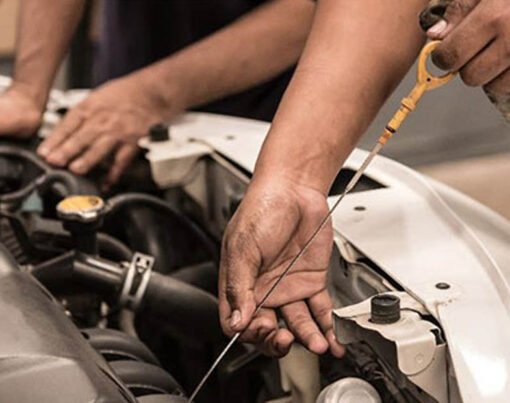The end of the year is a tough time on your car — and budget! Between winter’s inclement weather and a packed social calendar that has you sharing busy roads more often, you are at a greater risk of an accident.
Whether you tap a parked car or blow a tire in a construction zone, these issues come with expensive repairs. Can you handle them?
Don’t worry if the holiday season means you have less cash than usual to spend on auto repairs. This article is here to help.
Table of Contents
1. Use Your Savings
Now’s the time to withdraw from your emergency fund. These savings are designed precisely for wintertime repairs in mind.
If you don’t have an emergency fund, consider making one as your New Year’s resolution. Building this fund can help you the next time you run into trouble on the road. Even if you aren’t in an accident, your vehicle will depreciate over time. This means you will have to spend more money on its maintenance.
2. Consider a Personal Loan
You might rely on a line of credit as a safety net if you don’t have an emergency fund. Plenty of drivers use personal loans when they’re in a tight spot.
Take the time to review these 15 tips for choosing the right personal loan for your emergency. This guide will help you determine whether a line of credit is a practical way to handle unexpected repairs.
3. Check Your Automotive Association Benefits
Do you pay for an automotive membership, like the AAA, CAA, or AA? Now’s the time to check whether your policy covers any of the work you need. Most basic policies will include 24-hour emergency roadside assistance, which may offer some of the following services:
- Towing
- Flat tire replacement
- Unlocking
- Winching and extraction
- Fuel delivery
- Battery jump or replacement
4. Talk with Your Mechanic
If money’s tight this winter, let your mechanic know. They might be able to work with you to find a solution that works for everyone.
Some auto shops provide financing that breaks down your payments. They work much like a typical installment loan, even up to the interest and fees. Recall those borrowing tips from before to ensure you can handle this financing.
They can also prioritize the work that gets you back home safely. While it might not repair your vehicle back to normal, this patch job gives you time to save up the money.
5. Reach out to Loved Ones
You never know what people are willing to do for you until you ask. Reach out to friends and family members to see if they know anyone who can repair your car at a discount. A friend of a friend who is a mechanic might be willing to give you a good deal.
6. Make an Insurance Claim
Some wintertime issues are big enough that you need to involve insurance. For those accidents that cause property damage or personal injury, file a claim with your insurance provider. Although you will have to pay the deductible, this expense is typically much lower than the cost of an extensive repair.
7. Drive Safely
The best way to handle unexpected expenses is by avoiding them altogether! Does this sound impossible? These winter driving tips can help you reduce your chances of getting into trouble:
- Adjust speed according to the conditions.
- Drive defensively, increasing space between vehicles in inclement weather.
- Install winter tires to stop faster.
- Invest in a tune-up that ensures your vehicle is in its best form.
- Stay at home — don’t try to drive through storms if you don’t have to.










